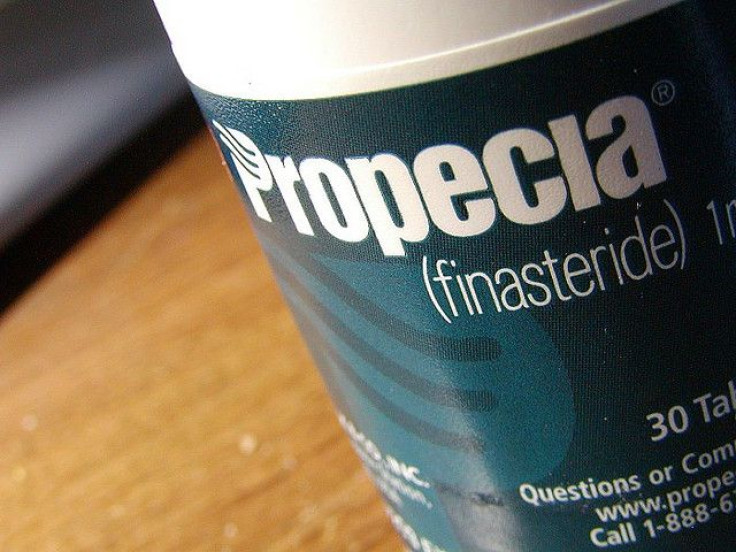Propecia, The Male Baldness Drug, May Also Curb Alcohol Consumption

Propecia is a popular remedy for male pattern baldness, but findings from a doctor at George Washington University (GWU) suggest the drug may also curb a person's appetite for alcohol.
Nearly 18 million people suffer from alcohol dependence in the U.S., and men are twice as likely to be alcoholics compared to women, according the National Institutes of Health. Drugs that can curb the cravings associated with alcohol dependence could help people quit the habit.
Finasteride is the synthetic drug reagent in Propecia, which is also sold by Merck at a higher dose as "Proscar," for the treatment of enlarged prostates.
The drug blocks the production of steroid hormones that, along with hair growth, are known to impact brain regions that respond to alcohol in mice. Prior studies have shown rodents given finasteride for seven days lose some of their preference for alcohol.
The steroid hormones reduced by finasteride are also tied to sexual drive. A subset of patients treated with Propecia (less than four percent) has exhibited sexual dysfunction, such as lowered libido or erectile dysfunction.
In an earlier study, Dr. Michael Irwig, M.D., an endocrinologist at GWU, found that sexual dysfunction persists in these men even after discontinuation of the medication. For some patients, these side effects last for as long as five years.
Subsequently, Irwig wondered if these subjects have also lost their "taste for booze." He gave 63 of his former subjects a telephone survey that asked them to recall their drinking habits before and after their use of the finasteride. Forty-one subjects (65 percent) noted a decrease in their alcohol consumption after cessation of finasteride use. Before using the drug, they averaged about five drinks per week, which dropped to two per week after going on the drug.
"While studying the persistent sexual side effects associated with finasteride, we observed that the majority of the men had reduced their alcohol consumption," said Irwig. "Many of these men completely stopped drinking alcohol."
Irwig's findings highlight the importance of brain steroids in the control of alcohol appetite and may provide clues into how they factor into psychiatric disorders.
"Until more systematic studies are done, clinicians should be alert to problems and side effects associated with the use of alcohol in patients treated with finasteride," said Dr. Chuck Zorumski, M.D., Samuel B. Guze Professor and head of psychiatry at Washington University School of Medicine.
"The findings should spur further studies both in humans and animals to determine the role of neurosteroids in a variety of neuropsychiatric disorders, including alcoholism, depression, and anxiety."
While the results are fascinating, Irwig cautions that more research is needed before people rush to prescribe finasteride for the reduction of drinking.
"It is unknown whether finasteride could suppress drinking in otherwise healthy men," he said. "I hope that this study will generate more research on the effects of finasteride in humans as it relates to alcohol."
Source: Irwig MS. Decreased Alcohol Consumption Among Former Male Users of Finasteride with Persistent Sexual Side Effects: A Preliminary Report. Alcoholism: Clinical & Experimental Research. 2013.



























